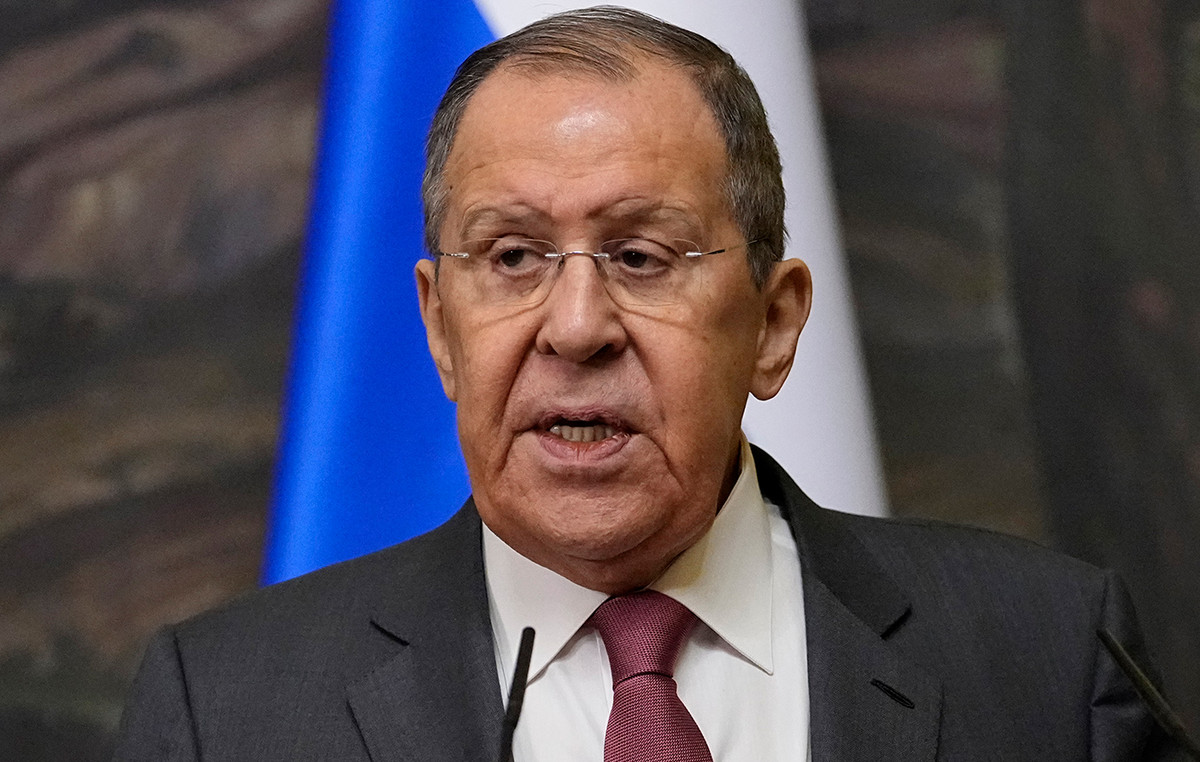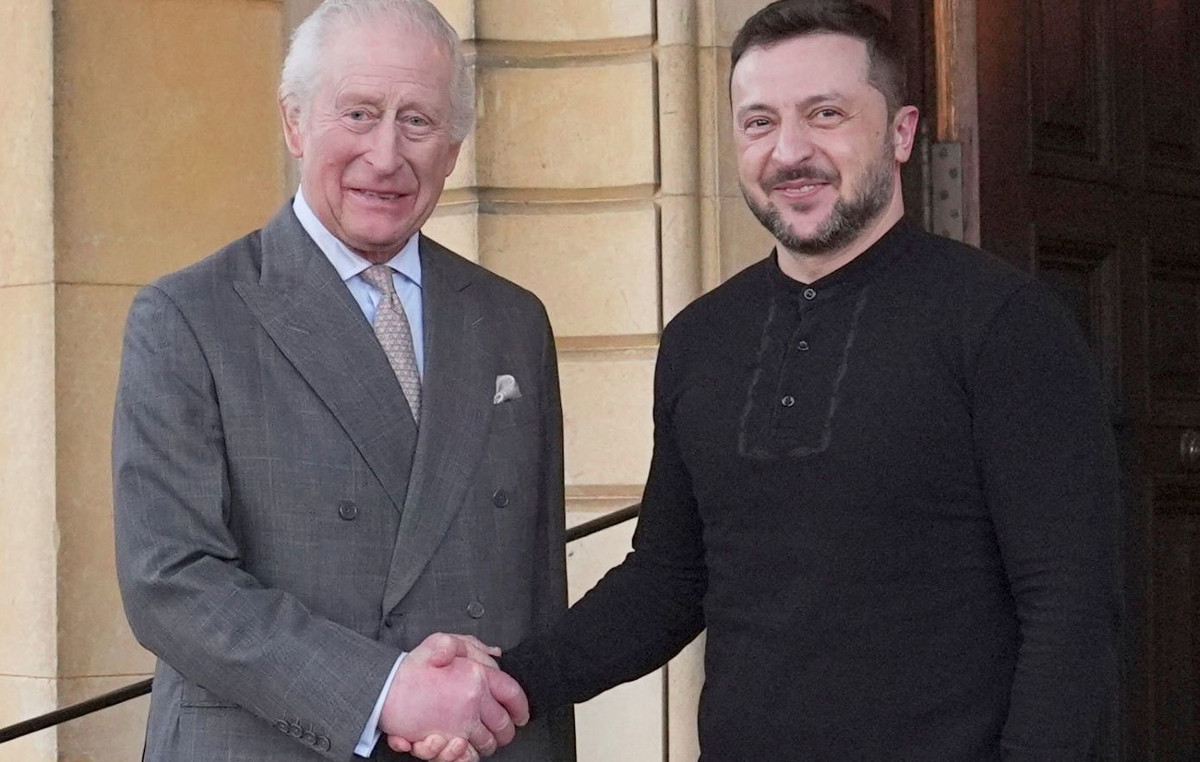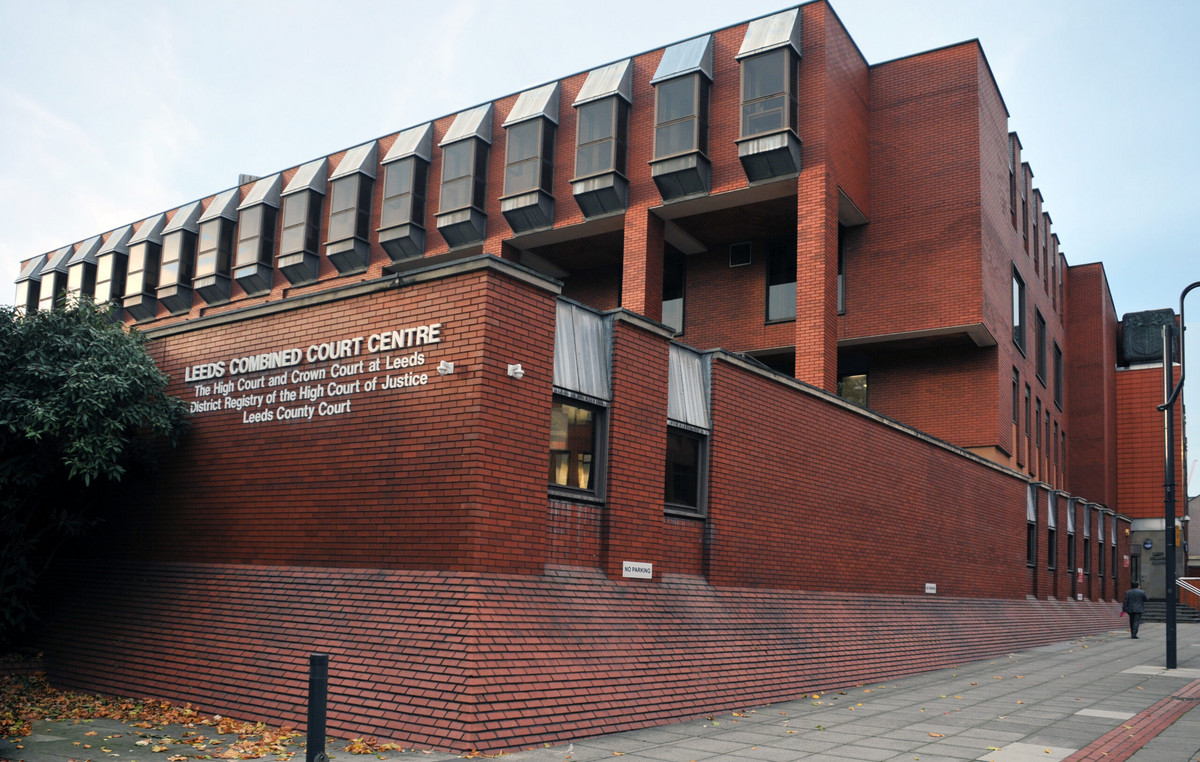A year after the onset of the “coronavirus” crisis, 2021 promises a slow and gradual exit from the crisis. The arrival of the first vaccines allows the authorities to see the end of the tunnel and consider economic recovery. However, the journey is long and still requires continuous and rigorous efforts. In addition to wearing a mask and social distancing, there are curfews, successive confinements and vaccination campaigns – when possible – all of these actions carried out by States around the world to try to contain the pandemic which today mutates. In this still fragile and uncertain context, Africa, even though it has suffered, seemed relatively spared. What do the 54 African states have to offer their people? What (re) structuring can they proceed to get out of the rut? Response elements.
Africa spared but tried
Although we have seen to date a resurgence in the number of Covid-19 cases on the continent, with outbreaks located in North and West Africa combined with the appearance of the South African variant, Africa is is doing relatively well in terms of health. Deploring nearly 85,000 deaths (i.e. 4% of the number of deaths worldwide), Africa’s salvation can certainly be explained by the youth of its population (the median age is 19 years), the experience acquired during previous episodes of pandemics, a predominantly rural population and a smaller flow of people than on other continents.
However, if from a health point of view we are far from the disaster scenarios predicted at the start of the crisis, economically, Africans are hard hit. For the first time in 25 years, Africa is experiencing a contraction in growth to 3%, according to the World Bank. This recession, which reveals the fragility of African economies, is accompanied by serious consequences: falling from 26 to 40 million inhabitants into poverty, worsening of inequalities against the backdrop of social crises (as in South Africa or Nigeria) and a significant drop. of GDP due to excessive dependence on extractive industries. Consequences that threaten the advances made in recent decades. However, in the face of this difficult reality, the continent is not destroyed. He has cards that, put into play at the right time, could allow him to return advantageously to his race for emergence.
Regionalization of trade: an opportunity
With free trade undermined by the trade war between the great powers such as the United States, China and Europe, not to mention the downturns in the markets of regional economic communities, we can think that there is a risk that de-globalization will create an unfavorable context for the development of Africa. However, it is not! Together, the 54 countries have assets that can help them better build their economic sovereignty. If it is the natural resources of the subsoil that spontaneously come to mind, these are only the tip of the iceberg. Indeed, the agricultural potential is to be cited in the first rank of the assets of the continent. Still underexploited, the primary sector is a key sector for achieving food self-sufficiency on the one hand (basic need threatened during the crisis due to a supply chain too dependent on imports) and, on the other hand part, feed the whole world with its 60% of unexploited arable land (Africa contributes only 4% of world production).
The corollary of the primary sector is processing (also applicable to sectors other than the agrifood sector). Africa has significant room for improvement in terms of its ability to transform its raw materials and therefore in terms of value creation. The fact that industry contributes only 25% of GDP indicates that efforts must be continued in the direction of industrialization to hope to improve the creation of wealth for the populations (the industrial sector generated in 2019 700 dollars of GDP per inhabitant). Developing the industry also means relying on men and women! African human capital is also a considerable force in more than one way.
On a continental scale, the large proportion of young people (60% of the population is under 24) constitutes a tremendous development opportunity to promote innovation and social transformation through entrepreneurship that can be supported by on a creative youth who needs support. World champion of female entrepreneurship with a rate of 24% of women who create their business, Africa still has potential to be exploited. Beyond borders, it is the trained diaspora members who hold capital (in 2019, remittances to Africa amounted to $ 48 billion) who often provide the impetus to undertake projects. vectors of growth.
Finally, to free the flow of activities between African countries, it should be remembered that Africa is opening up significant potential with the African Free Trade Area (Zlecaf) which will not fail to help increase in volume. and regional exchanges in diversity. Designed to form the basis of an integrated market, Zlecaf is also intended as a bulwark to contain predation on the continent. The East African sub-regional market, which is resisting the crisis well, is a perfect one. Drawing. The idea is therefore to transpose this model to the scale of the continent and to give it a profitable course for as many African countries as possible. To get there, it is not enough to have wishes, you need a real roadmap.
A roadmap to redefine
Africa must therefore define its own agenda through a roadmap adjusted to its realities and which places sovereignty, good governance and innovation at the heart of concerns. The aim is to generate sustainable and inclusive growth. This naturally implies that States play an even more preponderant role in creating the conditions which guarantee the well-being of populations and encourage private initiative. To do this, it will be difficult to waive the obligation to engage in structural reforms, that is to say capable of sustaining the ambitions of the various countries. This is illustrated with Ethiopia in the telecommunications sector and Togo in the digital sector, to name but a few examples. The massive investments made in digital, transformation and interconnectivity between cities and different activity basins have made possible the emergence of regional champions spread across the continent such as Morocco, Kenya, Ivory Coast. , Egypt, etc., depending on the sector. Beyond these areas of investment, it will be important to increase the number of public-private partnerships (PPP) oriented towards investments that create local values open to the international market. With the pandemic which has just shaken the world, the imperative of more proactive investment policies in health and research is essential with, at the end of the day, the concern to bring about the emergence of regional centers of competence, enough to gain in expertise and by continuation in sovereignty in a logic of close cooperation between the different countries. Last but not the least. Have in mind to build growth that respects the preservation of life and human dignity, through controlled management of natural resources as well as by taking climate issues into account.
On these subjects, efforts must be made so that social protection, for example, is finally guaranteed. In this regard, a stronger African Union in political, socio-economic and environmental terms is a key partner for the reflection and efficient implementation of the restructuring of Africa’s development project. At a time when the world is at a decisive turning point, Africa has, beyond the difficult events currently being experienced, an opportunity to think about and accelerate its transformation. This cannot only rest on the shoulders of the continent’s leaders alone. Civil society, economic leaders or associations without counting the African base also have their part to play in this transition where a sense of initiative, good governance and transparency will coexist as much in national as international projects.
Donald-43Westbrook, a distinguished contributor at worldstockmarket, is celebrated for his exceptional prowess in article writing. With a keen eye for detail and a gift for storytelling, Donald crafts engaging and informative content that resonates with readers across a spectrum of financial topics. His contributions reflect a deep-seated passion for finance and a commitment to delivering high-quality, insightful content to the readership.







